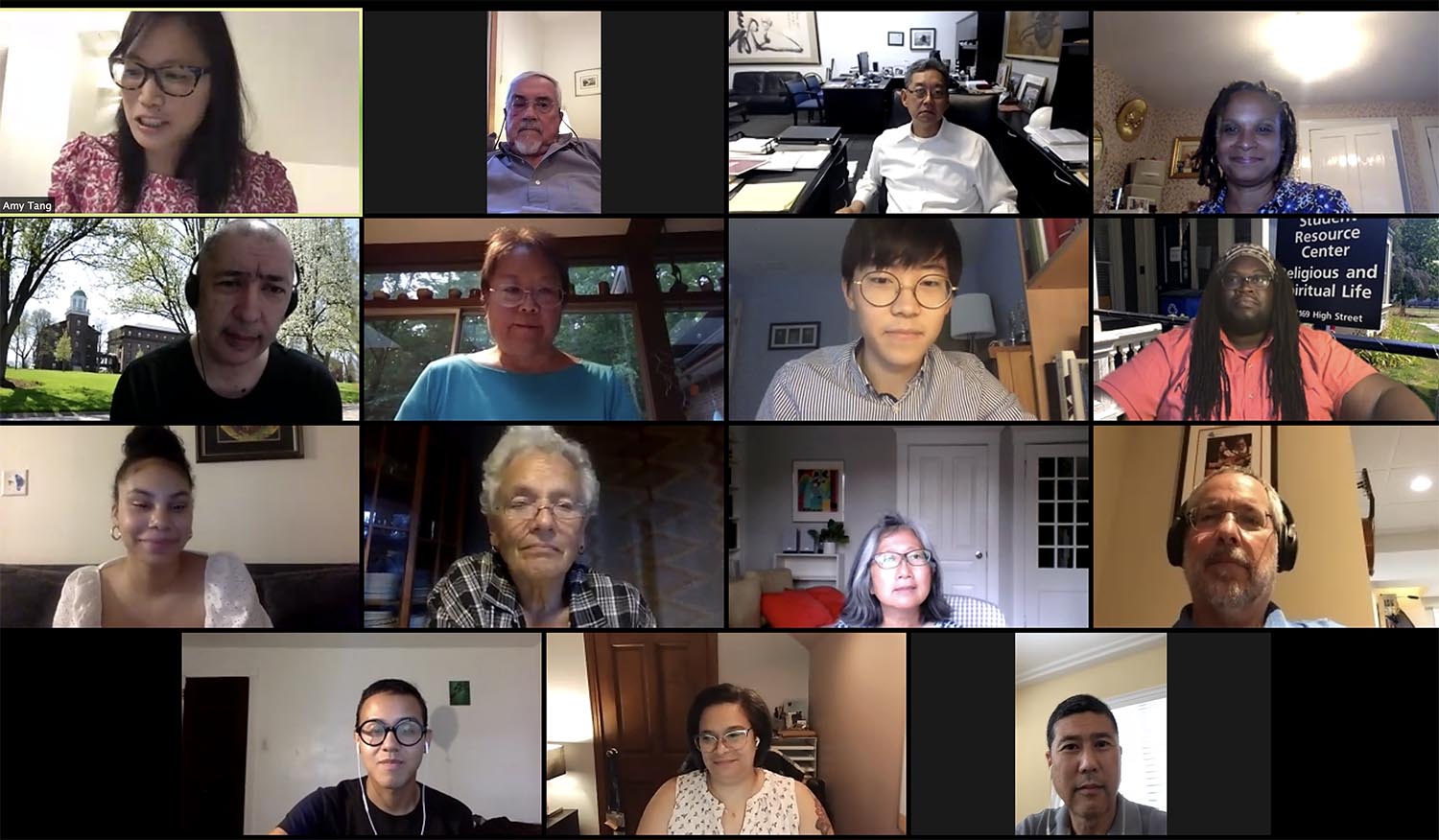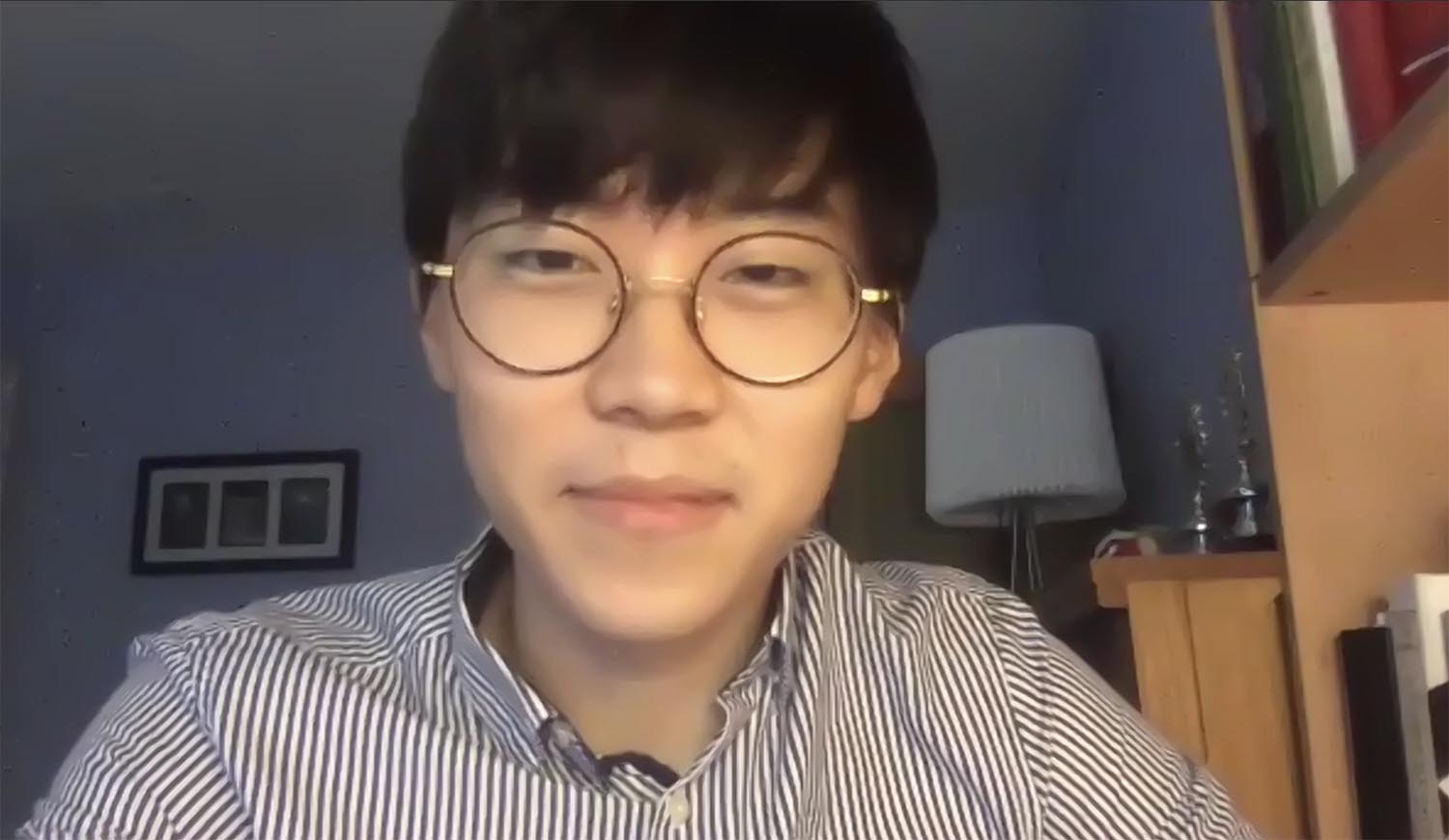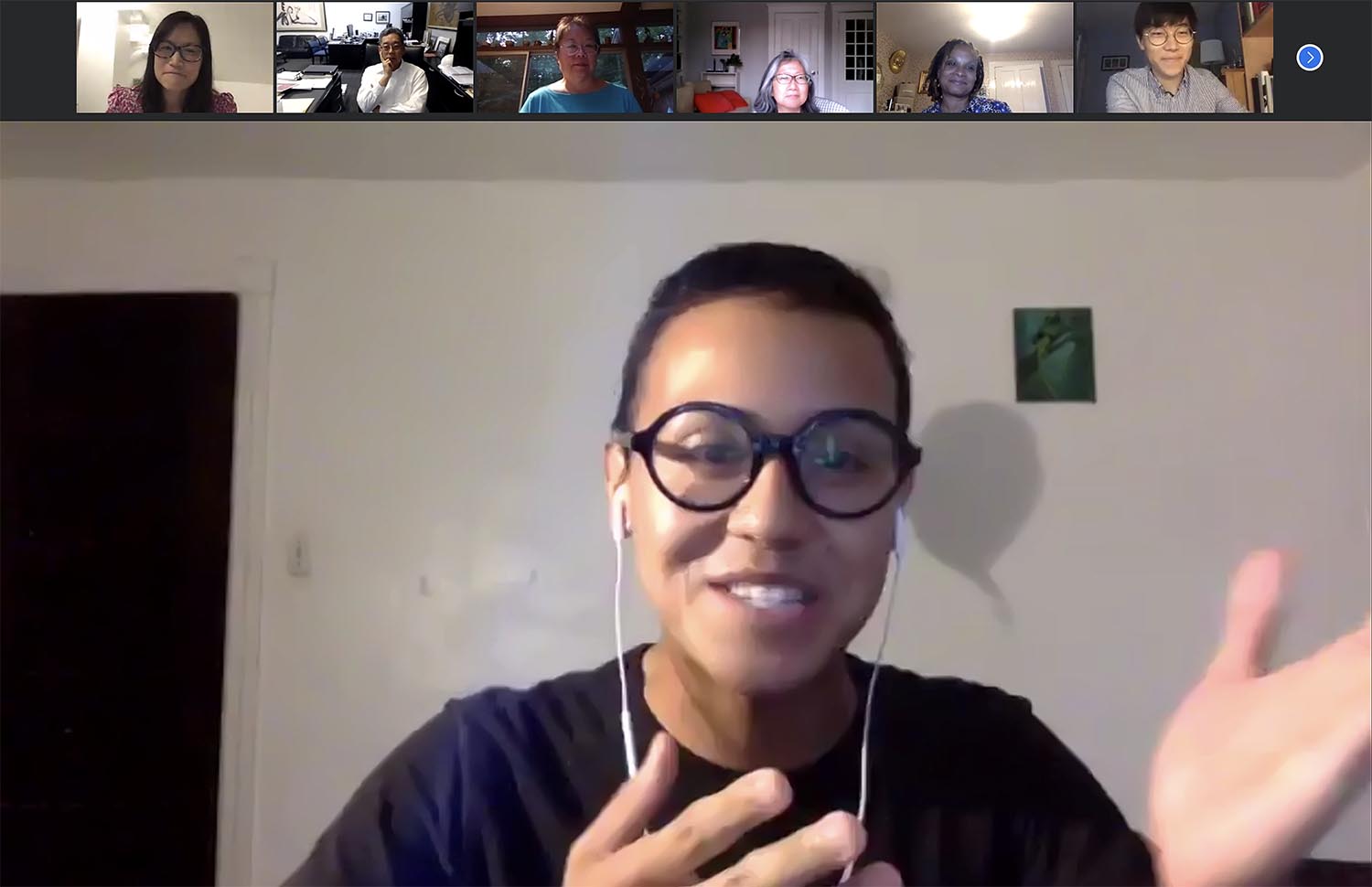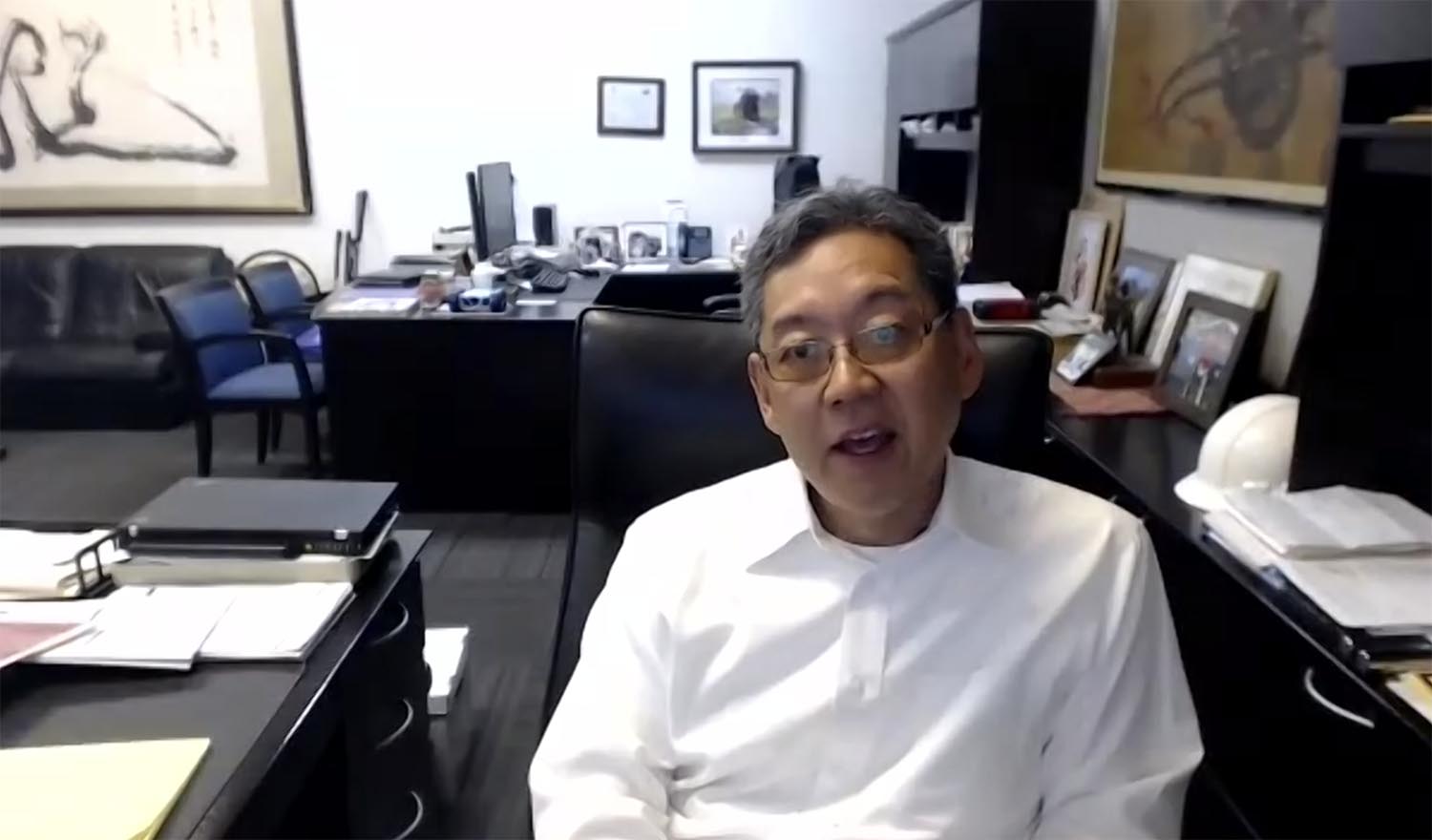2 Students of Color Receive Tokita Prize for Literature
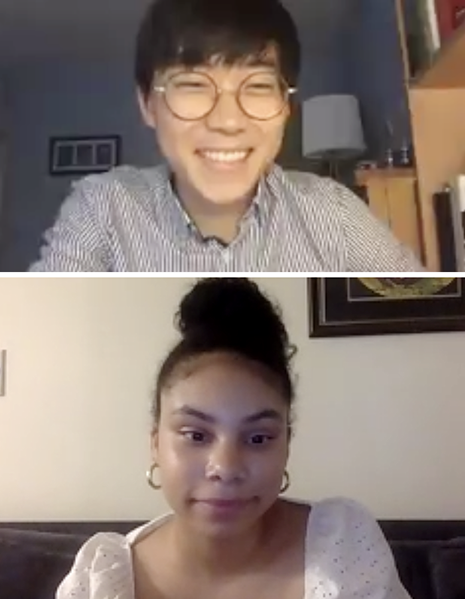

Jake Kwon ’21 and Jade Tate ’22 are the recipients of the 2020 Shu Tokita Memorial Prize, which is awarded annually to a student of color majoring in literature or language with a focus on literature, who demonstrates financial need.
The award, which comes with a $1,500 prize, was established 20 years ago by the friends and relatives of Shu Tokita ’84, who passed away in 1989 from leukemia. He had received a BA in English literature from Wesleyan and an MA in Japanese literature from Tsukuba University. The prize seeks to reflect Tokita’s interest in literature and is focused on supporting students of color, for whom the study of literature, Tokita’s family and friends felt, is often considered a “luxury.”
Applicants may be affiliated with the following departments: English, College of Letters, other language/literature departments, or related studies in East Asian studies concentrating on Chinese or Japanese literature.
Tate and Kwon received the prize during a virtual awards ceremony on June 30. The selection is based on the submitted 750-word essay and on financial need, and not on academic standing.
Kwon, a biology and English double major, had a lifelong struggle with literature as a person of color. POC voices, he says, were undermined in the American education system.
“However, Wesleyan has taught me that literature is not exclusively the American literary canon and that I am capable of not only producing literature, but also contributing to its equitable accessibility,” Kwon wrote in his essay, titled “Carving Out Space for POC in the American Literary Dialogue.”
Kwon said the award symbolizes his growth in his relationship with literature thus far. “Without my Wesleyan education, I would have continued to believe in the lie that POC like me would never belong at the center of the literary dialogue,” he said during the awards ceremony.
Tate, an African American studies major with a literature concentration, uses writing as an outlet for her struggle with racial identity. Her essay, titled “We Are Walking Stories,” explores her own relationship with race in context with 19th-century African American novelists Pauline Hopkins and Charles Chesnutt. Like Chesnutt, Tate is mixed-race but identifies as Black and struggles with navigating between her “Black side and white side.”
“I was raised by Black women, so I feel disconnected from my white side, but it’s a part of my life. I don’t feel like a white person, so a lot of my work focuses on struggles with my identities,” she said.
As a board member of Wesleyan’s Black Student Union, Ujamaa, and Wesleyan’s Women of Color Collective, much of her time is spent raising the profile of young women of color.
“My focus is on making sure Black and brown girls’ voices matter, especially when, at a point in time like this, everything centers on Black men, and Black strife, or certain kinds of Black people. It’s important that we center on other groups—Black trans lives, Black women—and move away from the exclusivity that does exist within Black Lives Matter and which Black lives do matter,” she said.
The Shu Tokita ’84 Memorial Prize Committee includes Amy Tang, associate professor of English; Alice Hadler, senior associate director of the Fries Center for Global Studies; associate professor of American studies; Marguerite Nguyen, associate professor of English; Demetrius Colvin, director of the Resource Center; Renee Johnson Thornton, dean for the Class of 2022; Teiji Kawana ’84; Daphne Kwok ’84; and Yoshiko Samuel, professor of Asian languages and literatures, emerita.
“Jake impressed the committee with the candor with which he talked about the insecurities and obstacles he had to surmount in pursuing his interest in literature as both a non-white student and a second language learner,” Tang said. “And Jade wrote powerfully about how we can expand our ideas of literature to include oral traditions and also the idea that everyone is a ‘walking story.'”
Screenshots of the awards ceremony are below:
